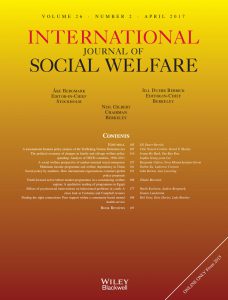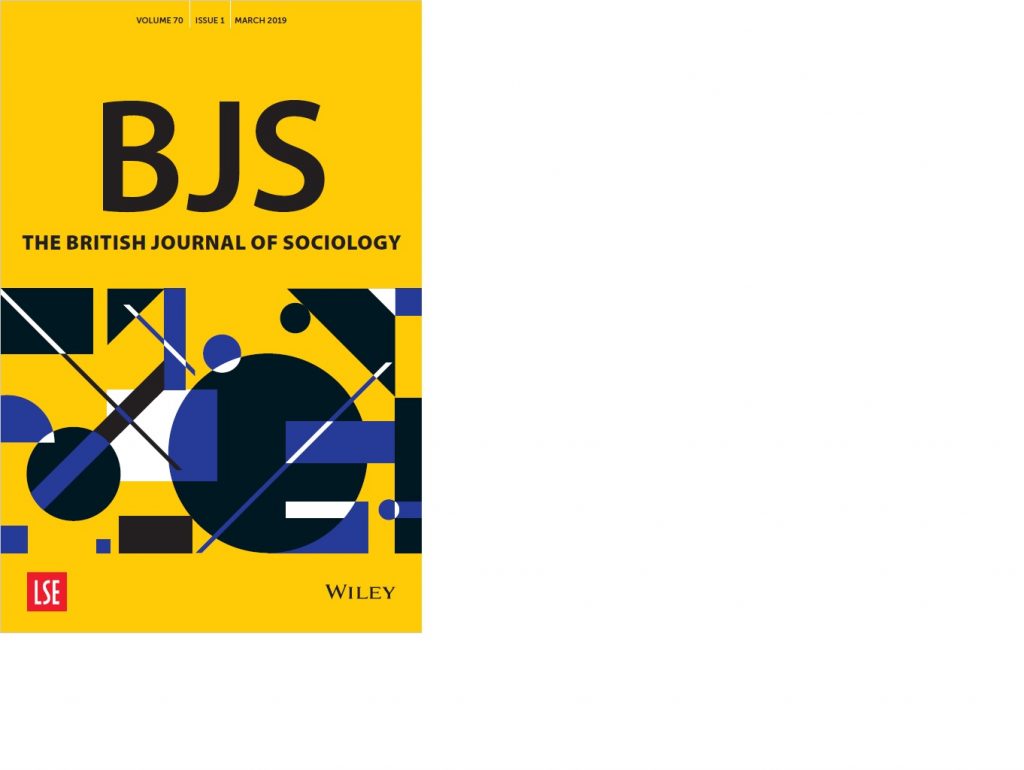I think I can(‘t), I think I can(‘t): a Mildred Blaxter New Writer’s Prize winner reflects on her identity as a new career researcher
Each year the Editorial Board of Sociology of Health and Illness offers a prize for “the best article published in the journal by an early career researcher”. In September, I received an email announcing that my article Engaging conceptions of identity in a context of medical pluralism: explaining treatment choices for everyday illness in Niger had been selected as the 2017 winner. Honored and surprised to receive this message, I laughed out loud at the absurdity of how drastically my...













1468-0491/asset/society_affiliation_image.gif?v=1&s=859caf337f44d9bf73120debe8a7ad67751a0209)